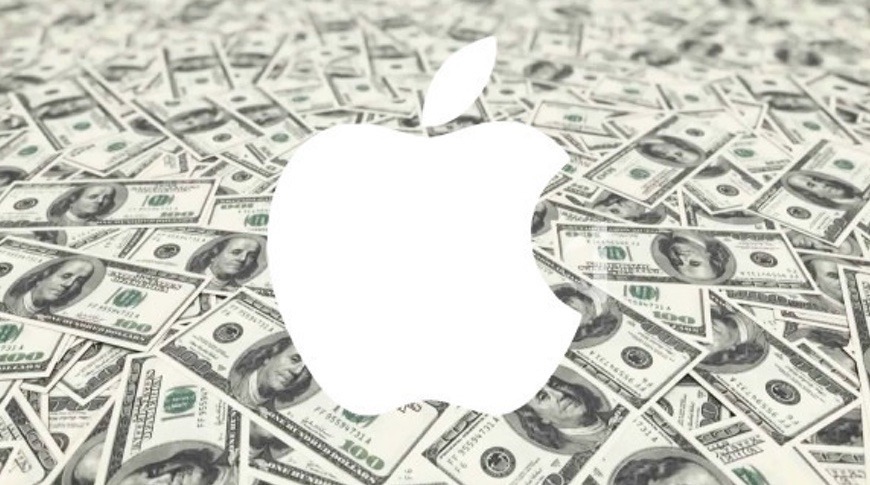Digital service taxes being applied in assorted European countries will cost Apple and other American companies millions of dollars going forward, and the US Trade Representative is considering applying trade tariffs to retaliate or discourage application.
Italy, Turkey, and India have followed France in levying a tax on foreign digital goods leading to further investigations by the U.S. Trade Representative's office. In November, France began taxing multinational firms at 3% of total regional revenue, a practice the USTR calls "discriminatory towards U.S. tech companies."
The USTR opened investigations under Section 301 to determine if tariffs or other retaliation would be required. In France the U.S. implemented a 25% tariff on handbags and cosmetics that was meant to go into effect on January 6, 2021. Reuters could not reach anyone for comment on the matter and could not determine if the tariff had begun being enforced.
The USTR released the findings of its Section 301 investigations stating it would not be taking additional action at this time. They will continue to evaluate all options, which could include further trade tariffs on India, Italy, and Turkey.
The USTR says the taxes from the countries are "unreasonable" and "inconsistent with principles of international taxation, including due to its application to revenue rather than income, extraterritorial application, and failure to provide tax certainty."
France sought taxes after becoming impatient with the European Union's own push for tax reform. The U.S. left talks over changes to international taxes causing the EU to push its plans for new taxes back. The new tax package seeks to curb tax abuse and anticompetitive behavior while increasing transparency.
Apple will be one of the biggest American companies hit by the digital tax changes. Apple has enjoyed tax loopholes by housing its foreign revenues in Ireland, but this practice by Apple and other companies has come under heavy scrutiny. The EU demanded $14.4B in back taxes from Apple, which has come under appeal and counter-appeal since.
Apple claims it has never performed illegal tax practices and welcomes tax reform across Europe. The USTR seeks to protect American companies that could be targeted directly by new tax law, but Apple and others seemingly have not made any moves against the digital tax laws coming down the line.
It is unclear if and when new tariffs will go into effect. Trading tariffs often cause prices to increase for customers purchasing goods from the locals being tariffed, rather than placing the burden on the seller.
 Wesley Hilliard
Wesley Hilliard







-m.jpg)







 Marko Zivkovic
Marko Zivkovic

 Malcolm Owen
Malcolm Owen

 Amber Neely
Amber Neely











8 Comments
Something is usually called a "trade war" once a second nation retaliates against a first nation's trade actions. But in my opinion it was already a "trade war" the moment Italy, France, Turkey and India implemented the first discriminatory tax. The trade war has already begun, and the US is considering joining in.
I'm not sure how the adjective 'unfair' is applicable here.
Multinationals have a long history of unfair practices ranging from price cartels to tax avoidance and passing through all manner of anti-competitive activity.
They (along with everybody else) have been subject to changes in legislation, investigations and in some cases fines.
Increasing the tax burden on some companies in an attempt to level the playing field for everyone leaves the companies with clear options: Comply, legally challenge the changes, pull out of the affected market.
What is beyond clear is that these companies have used their size and financial clout to create an uneven playing field. It is the sole reason the EU and members states were looking to introduce these so called 'unfair' changes in the first place.
If the US decides to take action using tariffs then that is something it can do but doesn't make the root cause 'unfair' IMO.
It's always interesting to hear business talk about "certainty" for things like taxation when you have hyper-inflation in markets like housing, health care, and higher education.